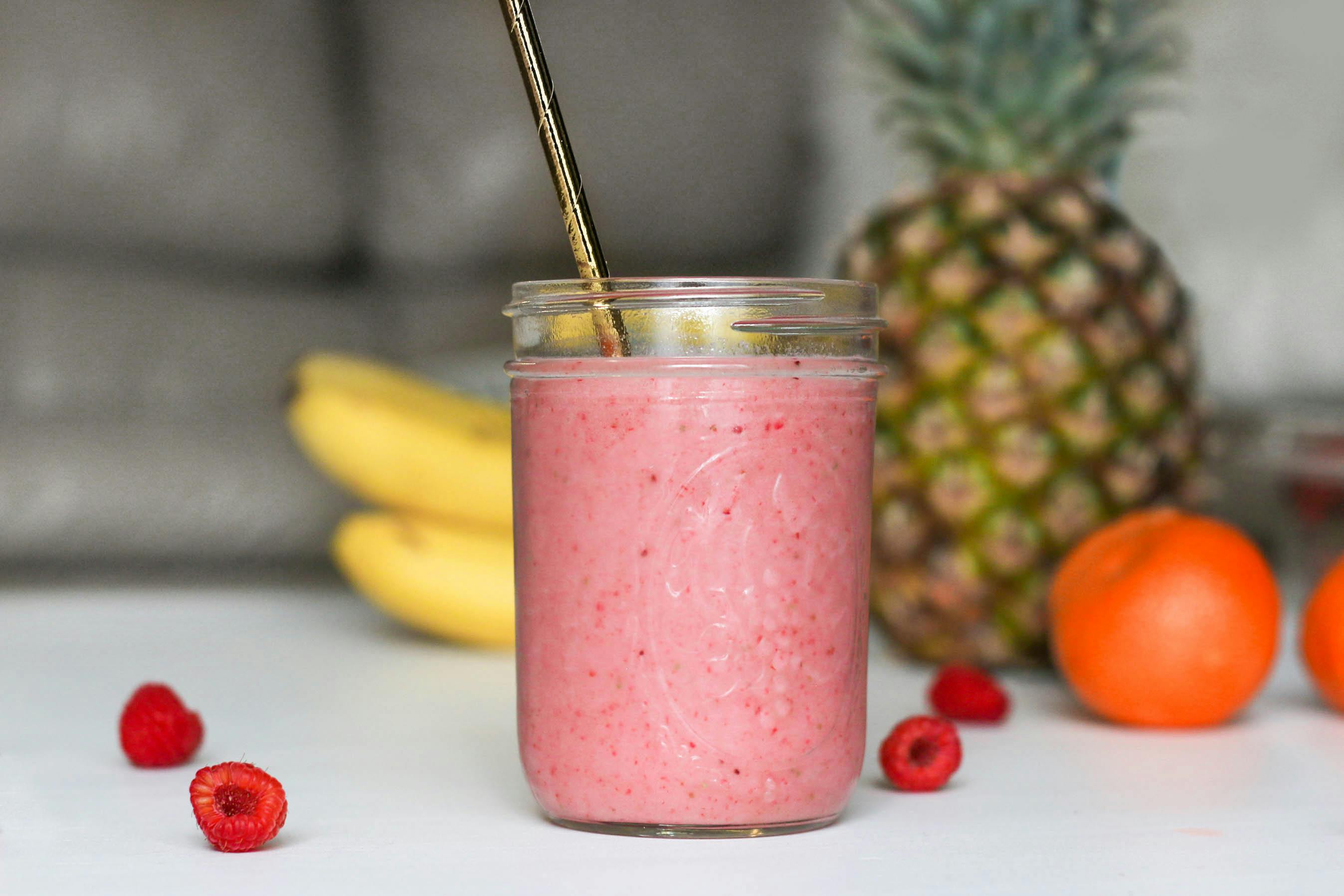Smoothies are a modern trend for healthy eating and not many people can boast about them. But new findings from scientific research bring surprising news - bananas, a common ingredient in smoothies, may actually reduce the health benefits of these drinks. Although bananas are considered healthy on their own, they contain an enzyme called polyphenol oxidase, which is responsible for breaking down flavanols – important substances that contribute to a number of positive health effects.
Known for their role in supporting cardiovascular health and cognitive function, flavanols are found in abundance in many fruits and vegetables, such as apples, pears, blueberries, blackcurrants, grapes and cocoa. These fruits, when local and seasonal, not only promote sustainability and reduce environmental impact, but often contain higher concentrations of nutrients due to the shorter time between harvest and consumption. But when making a smoothie, it was shown that the addition of a banana led to a dramatic decrease in the amount of these valuable flavanols entering our bloodstream – by up to 84% compared to control samples.
So what does this mean for smoothie lovers? If your goal is to maximize your health-promoting flavanol intake, you should consider making your smoothies without bananas. Instead, you can use fruits with low polyphenol oxidase activity, such as pineapples, oranges or mangoes, or add yogurt. While bananas are a great fruit full of nutrients, when it comes to getting the best health benefits from flavanols, they should probably stay on your plate more as a stand-alone snack.
Research in this area continues and may lead us to other interesting discoveries in the future about how fruit and the methods of its preparation affect the absorption of various nutrients. All of this teaches us that even seemingly small details, like the choice of ingredients for a smoothie, can have a big impact on how our body uses the nutrients we give it.
https://pubs.rsc.org/en/content/articlelanding/2023/fo/d3fo01599h





Leave a comment
This site is protected by hCaptcha and the hCaptcha Privacy Policy and Terms of Service apply.